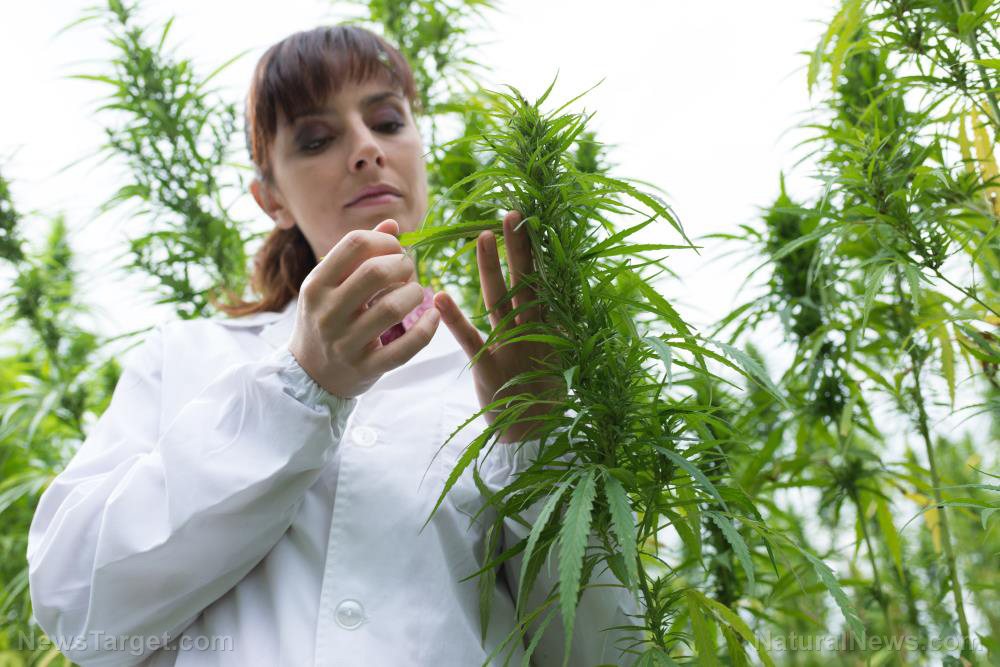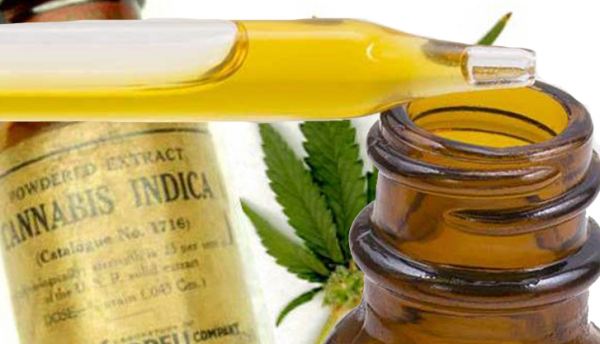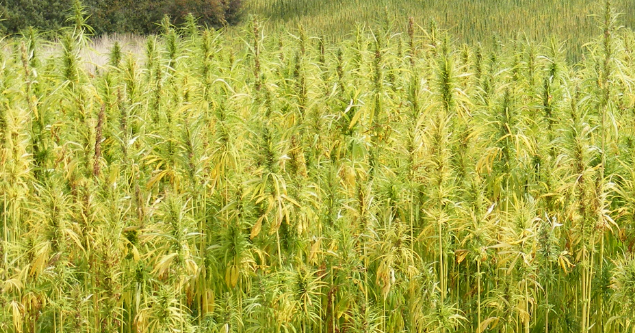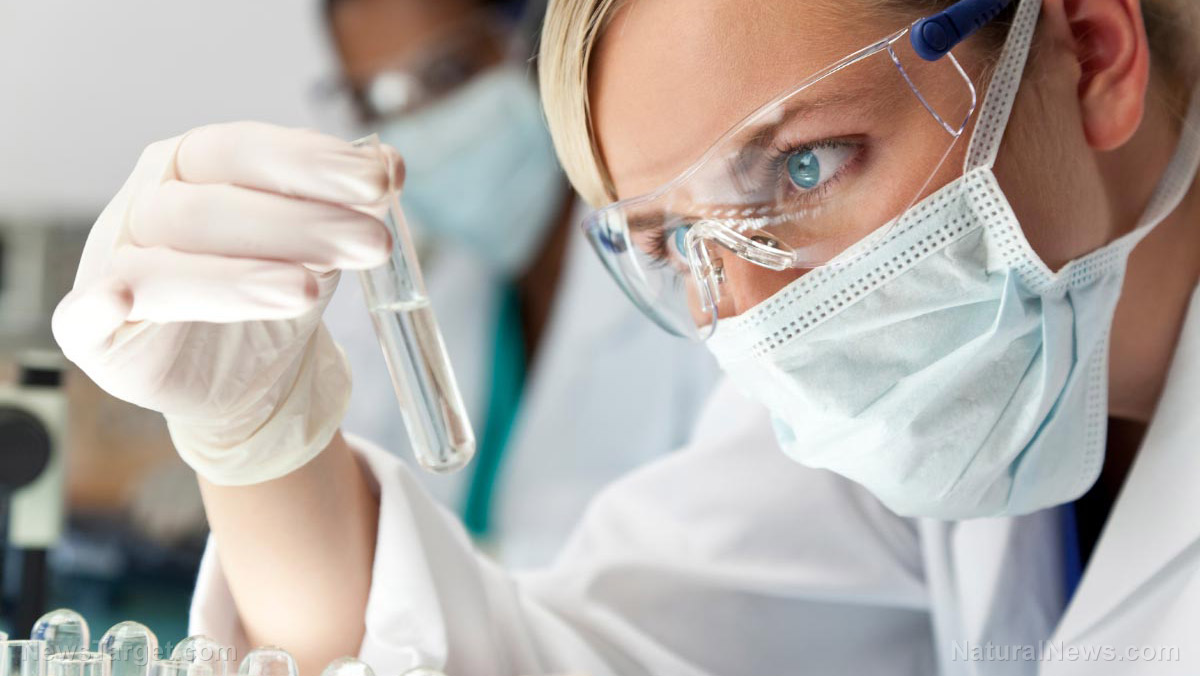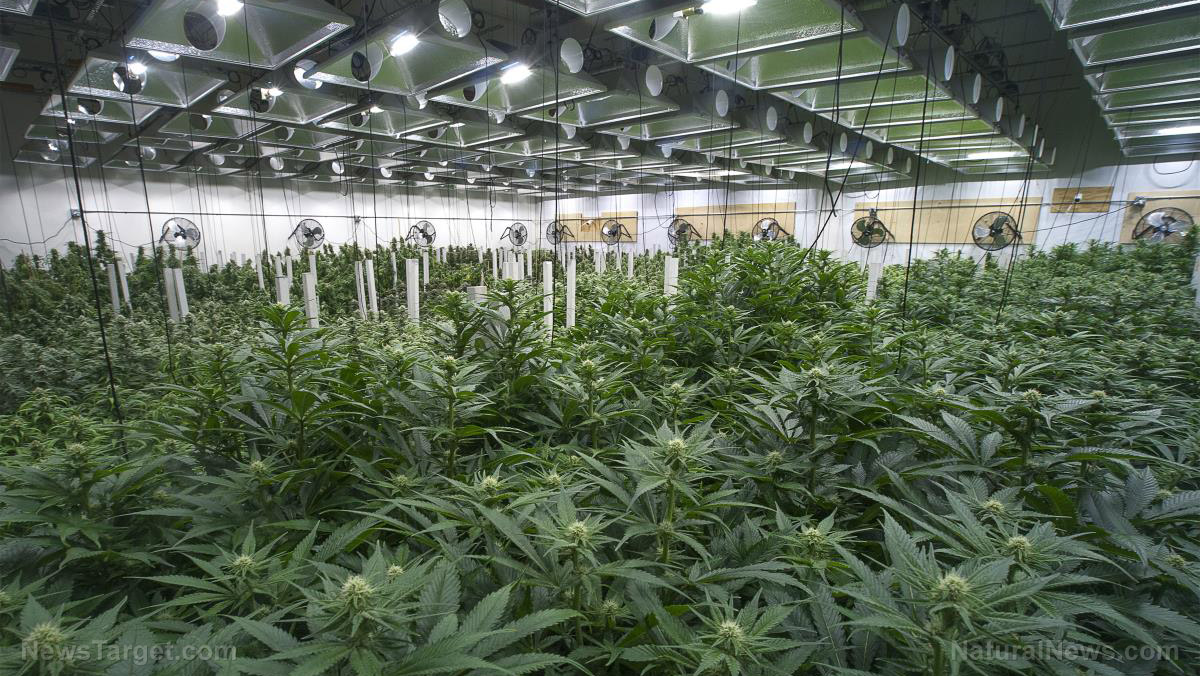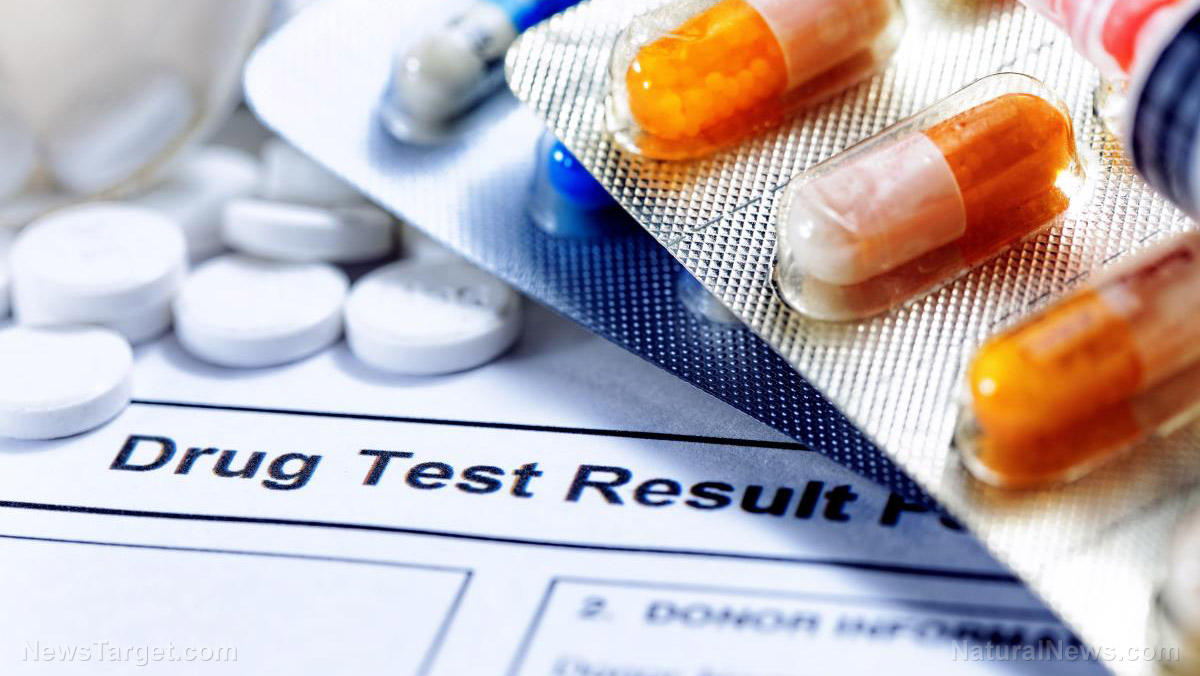Medical marijuana: ways cannabis might be good for you
10/31/2016 / By medicalmarijuanaupdate
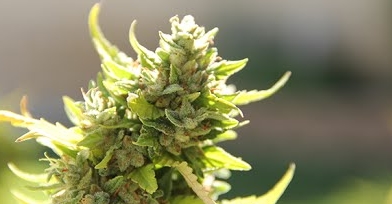
It’s been a long time coming but we’re finally investigating (scientifically) the medicinal properties of a drug that’s been used for millennia — marijuana.
Article by Amy Sherden
Cannabis is probably best known as a recreational drug but there’s actually only one known molecule in weed that makes you high.
It’s the heady qualities of THC, or tetrahydrocannabinol, that gets you stoned and has made marijuana famous. But there are more than 100 other chemical substances in the plant.
These chemicals, known as cannabinoids, offer huge medical potential because they tap into one of the human bodies’ natural systems — the endocannabinoid system.
Yes — that’s right — your body’s own cannabis system.
To date, we know of two endocannabinoid receptors in the body. CB1 is expressed abundantly in the brain, and CB2 is present in the immune system. Both are found in the central nervous system.
These receptors respond to our very own cannabis-like compounds.
Surprised? Well you shouldn’t be.
“It’s not surprising because for the drugs to work they have to be modulating something in the brain and it turned out to be a natural cannabis system,” Sydney University pharmacologist Jonathon Arnold said.
While science has learnt quite a lot over the last 30 years about the body’s natural cannabis system, we still don’t know the specifics of how the various molecules in cannabis interact with our bodies. But we’re due to find out very soon.
Earlier this year, Federal Parliament passed landmark legislation to allow the controlled cultivation of cannabis for medicinal and related scientific purposes.
Clinical trials designed to test marijuana’s effects on certain health conditions are also ramping up across the country.
Can cannabis benefit child epilepsy?
Researchers from the Sydney University are drawing on anecdotal, community experience with medicinal cannabis to learn more about its chemical components.
They’re taking tinctures and oils that are already being used by families to treat severe childhood epilepsy and analysing what’s actually in the product.
“We’re looking at ways that we can harness the power of what’s already happening in the community and back translate some of the signals,” Professor Iain McGregor from Sydney University’s Lambert Initiative said.
“We want to learn more about the fundamental mechanisms that may be therapeutically useful with cannabis.”
It is the compound CBD (cannabidiol) that is thought to have the positive effect in reducing the frequency of seizures in epilepsy but there are many other so far unexplored cannabinoids that may also play a role.
“I think of it as a treasure trove and we’re not sure what the treasures are yet,” Professor McGregor said.
“It’s early days … but we’re not seeing a lot of THC which is a good thing.
“We don’t want these children to be intoxicated … and we kind of assumed that CBD would be very prominent because there is already literature on CBD having anti-convulsant effects.”
The team are working with cells and mice to try and link some of the more novel cannabinoids to anti-convulsant effects.
“What we’re really hoping … is that there is a cannabinoid that is yet to be characterised, yet to be identified that is an even better anti-convulsant than CBD is and we’re working furiously on that at the moment,” he said.
It’s still very early days in this phase of the pre-clinical work, with no data available yet.
Can CBD treat adults with epilepsy?
A randomised double blind placebo controlled trial (known as the gold standard in clinical testing) is underway at Victoria’s Austin Health, testing CBD on adults with unresponsive epilepsy.
The drug comes as a gel that is rubbed into the skin twice a day which gives a controlled release of CBD into the bloodstream.
The trial still has some months to go but a similar study overseas by GW Pharmaceuticals using Epidiolex is showing great promise for children with a rare form of epilepsy called Dravet Syndrome.
“They showed a median reduction of seizures of 40 per cent, convulsive seizures in the children compared with nine per cent in placebo,” Austin Health’s Professor Ingrid Scheffer said.
“So that is the first real evidence we have that it works.”
It’s possible that this CBD drug for epilepsy will be available, in the US at least, during 2018.
Cannabis and Alzheimer’s Disease
Back home in Australia, a surprising application for cannabis is being investigated by researchers at Western Sydney University, spurred by anecdotal reports that Alzheimer’s patients can benefit from cannabis.
They’re testing CBD on mice that have been genetically modified to develop Alzheimer’s Disease and have already discovered a striking effect.
“We’ve found that both preventative and in remedial setup, CBD can prevent the onset of the cognitive symptoms and can also reverse cognitive symptoms once they have developed in these mice,” study leader Associate Professor Tim Karl said.
Despite the findings, the team needs to do further work with mice before any clinical trials involving humans can start.
Cannabis and pain reduction
Perhaps the most famous medical anecdote for marijuana is its perceived ability to help with pain management and appetite stimulation.
That theory will be put to the test in one of the largest clinical trials in the world.
Trial participants will inhale vapours three times a day from the crushed leaf and flowers through a vaporiser which heats the cannabis to around 200 degrees.
For those dealing with untreatable conditions, these clinical trials hold great promise.
Meet trial candidates and learn more about the promise of the “wonder weed” on Catalyst tonight on ABC TV at 8pm.
Read more at: abc.net.au
Tagged Under: Alzheimer, cannabis, CBD, Epilepsy, medical marijuana, pain killer, pain reduction

